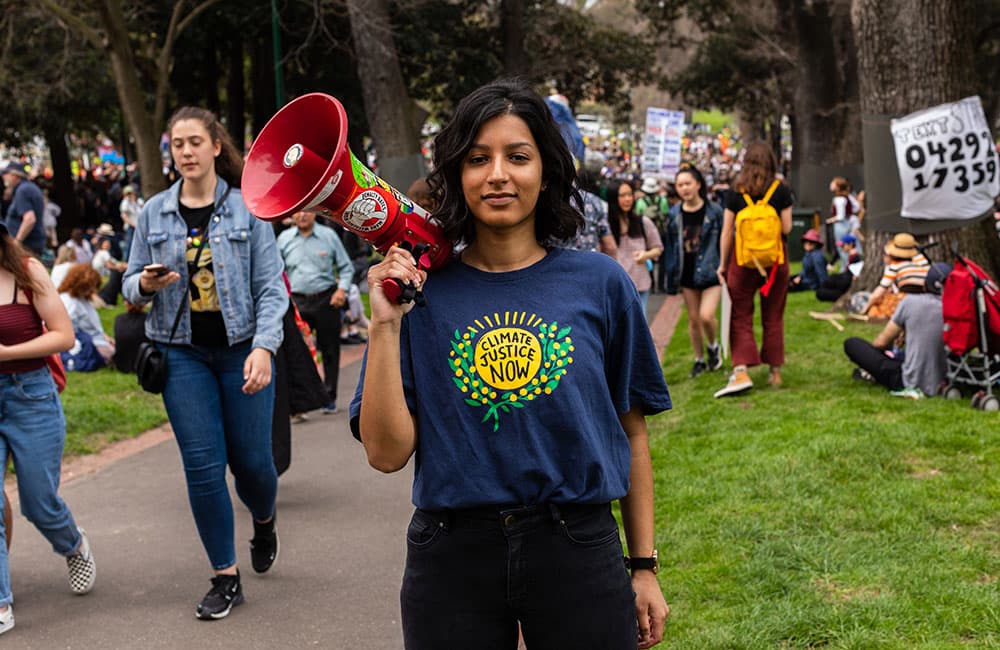“Internationally especially, a lot of household responsibilities fall to girls when times are tough. When parents have to work longer, or one parent migrates for work, the time girls have to spend on domestic chores is likely to increase. They may be tasked with making food or looking after younger siblings and fetching water, a task that becomes even more time-consuming as drought makes access to water more difficult. These things all take them away from attending school. They may attend less often, or drop out altogether.”
“Climate change increases poverty too,” says Asha. “And poorer families may try to marry daughters off to reduce the costs of the household, sometimes to get dowry.”
With girls in many countries often marginalized in favour of boys, it can be harder for them to access early warning systems that alert them to disasters and be equipped to survive them when they do occur. “When disasters strike, they usually are the last to know, and that can have huge ramifications for their chances of survival. Girls aren't taught things like how to swim or climb and their clothing may not be appropriate to do those things when a disaster strikes anyway.”
It’s a devastating situation, says Asha. And it’s time the world took notice.

Maiysha at the School Strike 4 Climate in 2019.
Photo: Ben Christensen
Girls just want climate action
Back in Australia, young women are speaking up on climate change. Maiysha Moin was one of the organisers of the 2019 School Strike 4 Climate. She says girls have an important voice in climate action.